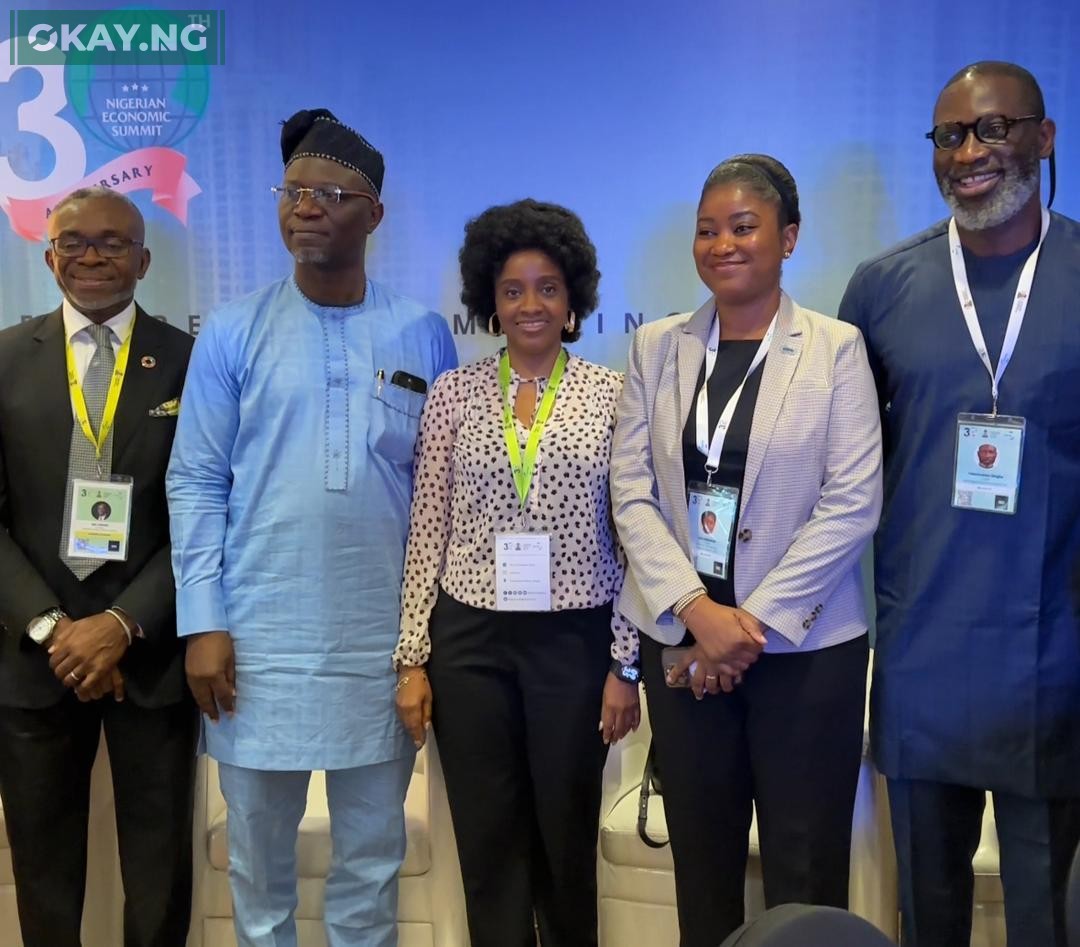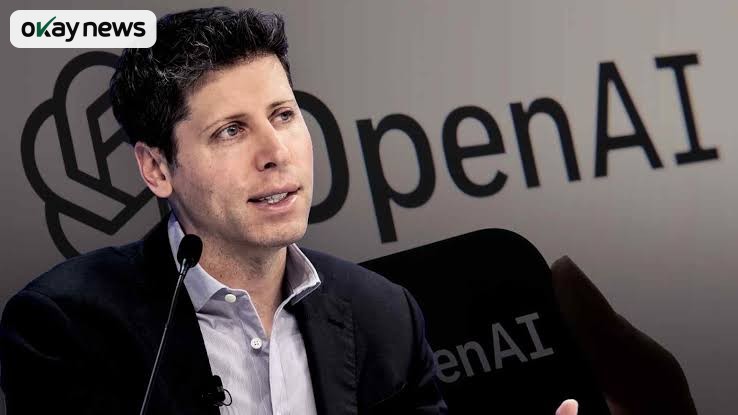At the 30th Nigerian Economic Summit, stakeholders from the public and private sectors gathered to evaluate the regulatory frameworks governing public-private transitions and to explore strategies for building trust and confidence in Nigeria’s regulatory systems.
The session, held in Abuja, aimed to further strengthen Nigeria’s leadership in ensuring effective enforcement and implementation of these frameworks.
Opening the session, Professor Fabian Ajogwu, SAN, a Corporate Governance expert from Lagos Business School, highlighted Nigeria’s robust approach to regulating transitions from public to private sector roles.
He noted that the Nigeria Code of Corporate Governance sets clear guidelines, including a three-year cooling-off period for individuals transitioning from regulatory roles to senior positions in the private sector.
“Nigeria’s approach to regulating public-private transitions involves a combination of sector-specific guidelines, industry codes, and overarching governance rules,” Ajogwu stated.
“The code mandates a three-year cooling-off period before such individuals can assume roles as Directors or senior managers in organizations they once regulated.
Ajogwu emphasized that Nigeria’s three-year cooling-off period surpasses global best practices, where European standards typically range between one to two years. However, workshop participants, including CEOs, Board Chairmen, and Company Secretaries, suggested that a more flexible approach might be necessary.
They argued that the universal application of the three-year period could be reconsidered in cases where the individual’s public sector role did not directly oversee the private company or its sector.
Dr. Emomotimi Agama, Director-General of the Securities and Exchange Commission (SEC), also addressed the summit, highlighting the importance of transparent public-private transitions for fostering collaboration and innovation between the sectors.
“Public-private transitions are not merely desirable; they are essential for promoting collaboration and innovation,” Dr. Agama remarked.
“The exchange of knowledge and expertise between these sectors can greatly enhance their respective capabilities, contributing to a dynamic and resilient economy.
“At the SEC, we are dedicated to fostering an environment where these transitions yield benefits for both public and private sectors while maintaining market trust and confidence.
“Transitions are not simply career moves, they are bridges connecting two vital sectors of the economy, when conducted transparently they can enrich public governance and invigorate private enterprise, driving innovation, efficiency and institutional trust.”
Professor Ajogwu also pointed out that a lack of public awareness about these regulatory frameworks undermines their effectiveness.
He urged for a critical assessment of the dynamics of these transitions to avoid misconceptions and ensure compliance with the rules.
“There seems to be a general lack of awareness regarding the existence of regulatory guidance on this issue. This undermines regulatory effectiveness by fostering misconceptions and non-compliance, eroding trust in market integrity,” Ajogwu said.
“A critical assessment of the dynamics of these transitions is necessary, particularly in distinguishing between actual and perceived implications.”
The session concluded with stakeholders agreeing on the need to build public awareness and improve the enforcement of existing regulations to sustain trust in the system.
They stressed the importance of ongoing evaluation and dialogue to ensure Nigeria remains a leader in maintaining market integrity through strong regulatory practices.







